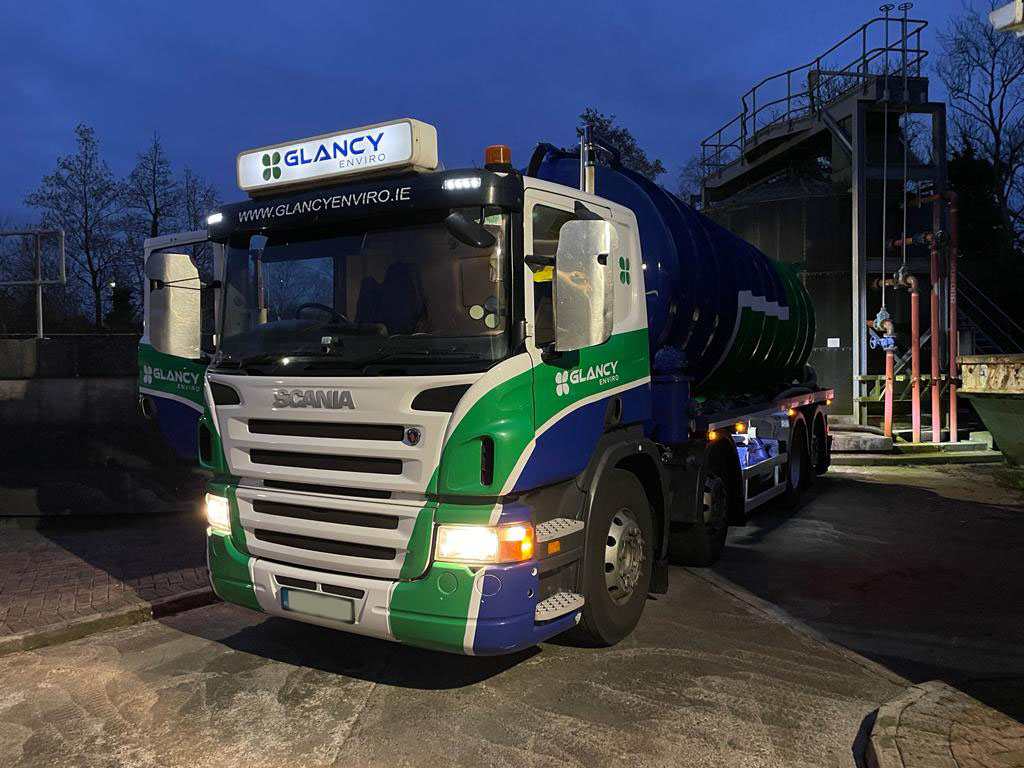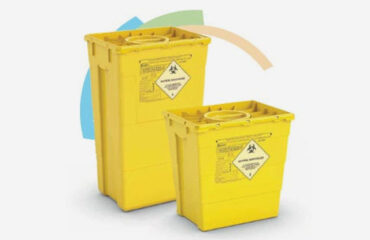The 7-Second Trick For Reclaim Waste
Wiki Article
Some Of Reclaim Waste
Table of Contents5 Simple Techniques For Reclaim WasteFascination About Reclaim WasteThe Single Strategy To Use For Reclaim WasteAbout Reclaim WasteThe Definitive Guide for Reclaim Waste
Discover the kinds, incidents, and types of liquid waste. Domestic sewer waste refers to the waste and products from a domestic sewage-disposal tank. This sort of waste is developed by humans in houses, schools, and various other buildings. This only consists of septic systems that have a drain area. The appropriate management and disposal of residential sewer waste require fluid waste to be transferred to a sewer treatment plant where the appropriate methods and tools are used to purify and throw away waste.
Commercial waste usually includes prospective dangers, such as flammable materials or a combination of fluid and solid waste items, and requires a more sophisticated and thorough disposal procedure. The disposal of business waste commonly includes the filtering of waste prior to transport to ensure secure and proper disposal. Industrial waste is created from by-products and overflow of commercial processes and production.
This kind of waste can not make use of the very same sewer monitoring transportation or processes as septic or commercial fluids. The hazardous waste administration procedure calls for the evaluation and screening of fluid waste prior to it undergoes the disposal process (liquid waste disposal melbourne). Overflow waste is the liquid waste that comes from drainage and excess stormwater in very populated areas or cities
Runoff waste can cause contamination and flooding if not managed properly. Discover more concerning sewage system cleaning and waste administration. Making sure appropriate waste monitoring can stop catastrophes and reduce ecological damage. Both individuals in domestic settings and professionals in industrial or manufacturing markets can gain from comprehending the processes and policies of fluid waste management.
A Biased View of Reclaim Waste
Contact PROS Solutions today to discover about our waste management and disposal solutions and the appropriate ways to look after the fluid waste you produce.(https://reclaimwaste1.mystrikingly.com/blog/efficient-liquid-waste-disposal-in-melbourne-why-reclaim-waste-is-your-go-to)Do you recognize what takes place to your water when you end, flush the toilet or drain pipes the washing machine? No? Well, it deserves knowing. This so-called 'wastewater' is not just a crucial source but, after therapy, will be launched to our land, rivers or the sea. Utilized water from bathrooms, showers, bathrooms, cooking area sinks, washings and industrial processes is called wastewater.

water utilized to cool down machinery or tidy plant and tools). Stormwater, a form of wastewater, is runoff that moves from farming and urban areas such as roof coverings, parks, gardens, roads, paths and gutters into click this link stormwater drains pipes, after rain. Stormwater streams neglected straight to neighborhood creeks or rivers, ultimately reaching the sea.
Rumored Buzz on Reclaim Waste
In Queensland, most wastewater is treated at sewer treatment plants. Wastewater is moved from domestic or industrial websites through a system of sewage systems and pump terminals, recognized as sewerage reticulation, to a sewer therapy plant.The Division of Natural Resources encourages local governments about handling, operating and maintaining sewage systems and therapy plants. In unsewered locations, city governments may call for householders to set up private or family sewage therapy systems to deal with domestic wastewater from commodes, kitchen areas, shower rooms and laundries. The Division of Natural Resources authorises the use of family systems when they are proven to be reliable.
Most stormwater obtains no therapy. In some new subdivisions, treatment of some stormwater to eliminate litter, sand and gravel has started using gross pollutant catches. Wastewater treatment happens in four stages: Removes solid issue. Bigger solids, such as plastics and other objects mistakenly discharged to drains, are eliminated when wastewater is passed with screens.
Wastewater then streams into big storage tanks where solids work out and are removed as sludge. Oil and scum are skimmed from the surface. Uses little living microorganisms referred to as micro-organisms to break down and eliminate continuing to be dissolved wastes and fine fragments. Micro-organisms and wastes are incorporated in the sludge. Gets rid of nitrogen and phosphorus nutrients that might cause algal flowers in our rivers and threaten marine life.
How Reclaim Waste can Save You Time, Stress, and Money.
Nutrient removal is not available at all sewer treatment plants because it requires costly specialised devices. Clear fluid effluent produced after treatment might still contain disease-causing micro-organisms - liquid waste removal.
A lot of wastewater flows into the sewage system. Under the Act, regional federal governments administer authorizations and permits for eco appropriate tasks (Ages) involving wastewater releases that might have a local influence.
The Basic Principles Of Reclaim Waste
Monitoring offers factual information about water quality and can validate that permit problems are being met. The info acquired through tracking offers the basis for making water high quality choices.Report this wiki page